 https://steponecharity.co.uk/wp-content/uploads/2025/09/Website-News-Headers-2024-1.png
355
700
Isaac Mann
https://steponecharity.co.uk/wp-content/uploads/2024/02/step-one-wellbeing.svg
Isaac Mann2025-09-12 09:52:112025-09-12 09:52:11Walking for a Cause: The Journey Behind the 300,000 Steps
https://steponecharity.co.uk/wp-content/uploads/2025/09/Website-News-Headers-2024-1.png
355
700
Isaac Mann
https://steponecharity.co.uk/wp-content/uploads/2024/02/step-one-wellbeing.svg
Isaac Mann2025-09-12 09:52:112025-09-12 09:52:11Walking for a Cause: The Journey Behind the 300,000 StepsDuring this World Autism Acceptance Week, our focus is on raising awareness for the 700,000 individuals in the UK who live with autism. Our goal is to educate those who may not be familiar with the condition and to create a more supportive and inclusive environment for those who are affected by it.
Autism is not a mental health problem. It’s a developmental condition that affects how you see the world and how you interact with other people. Find out more about autism, how it can affect your mental health, and where to get support if you need it.
What is autism?
Autism is a neurological difference that affects the way the brain functions. It is not a disease or illness, and it can either be present from birth or develop in early childhood. While autism cannot be cured or treated as a medical condition, some individuals may require assistance with certain tasks or activities.
Autism and mental health
Autism can affect an individual’s mental health just like anyone else, and research by the autism charity Autistica has found that seven out of ten autistic people have a mental health issue, such as anxiety, depression, ADHD, or OCD.
While the exact reason for this is not clear, it may be due to the challenges that autistic people face, some of which may be:
- Challenges in understanding and communicating emotions
- Heightened sensitivity to sensory stimuli
- Difficulty with unexpected changes
- Strong interests in particular topics
- Challenges in interpreting body language, sarcasm, and facial expressions
It’s important to note that experiencing one or more of these traits doesn’t necessarily mean that someone is autistic. However, if these traits are consistently present and affecting an individual’s daily life, they may consider speaking to their GP about seeking a formal diagnosis.
Looking after your mental health
If you are on the autistic spectrum, just the same as any young person, it is vital that you get professional help when you need it. But it’s equally important to look after yourself. We recommend regular exercise, eating well, getting enough sleep and talking things through with people you know and trust.
You might find unexpected changes very stressful, so trying to keep daily routines as predictable as possible and this will help you to reduce anxiety.
Try to talk in a quiet, calm environment
Background noise, bright lights, and even the tiniest of sounds be quite distracting, making a challenging discussion much more difficult.
Ask closed, direct question
Open-ended questions, such as “How was your day?” can be much more difficult for autistic people to respond than more specific questions, such as “Did anything happen today that upset you?”
Find out what kind of communication works for them
It’s a good idea to find out how your friend like to communicate. Some people prefer to text, write things down, or have time to think about their answers ahead of time.
Allow enough time for them answer
It may take an autistic person some time to process and respond to your question. When you’re waiting for an answer, it’s tempting to repeat the question or rephrase it — silences may be awkward! Allow plenty of time for your friend to answer, and be comfortable with the silence.
Getting Help
If you’re in crisis and need to speak to someone:
- Call NHS 111 (for when you need help but are not in immediate danger)
- Contact your GP and ask for an emergency appointment
- Contact the Samaritans by calling them on 116 123 or email at jo@samaritans.org
- Use the ‘Shout’ crisis text line – text SHOUT to 85258
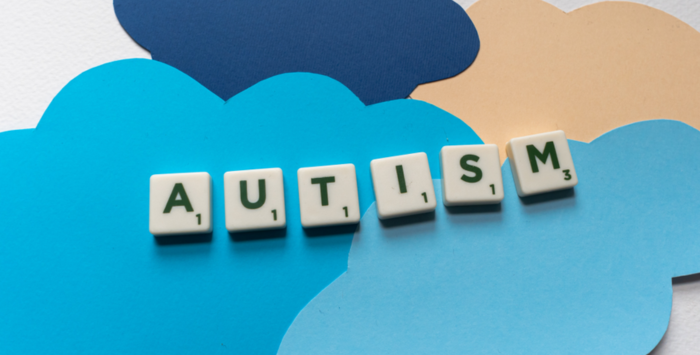
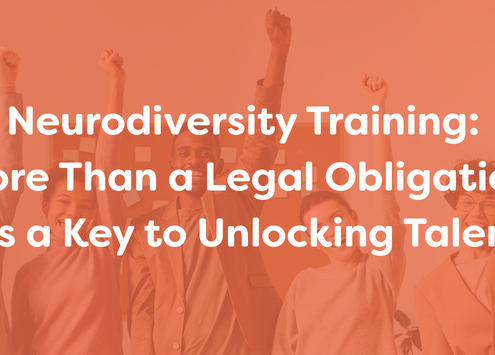

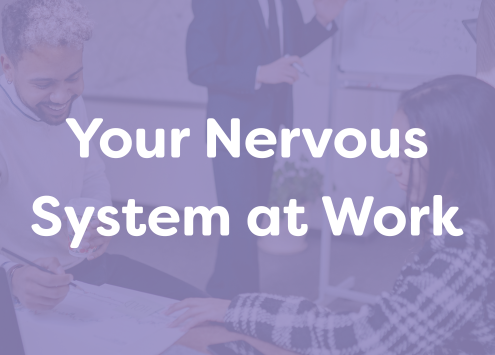
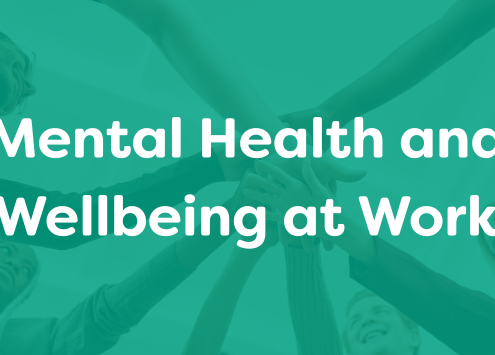
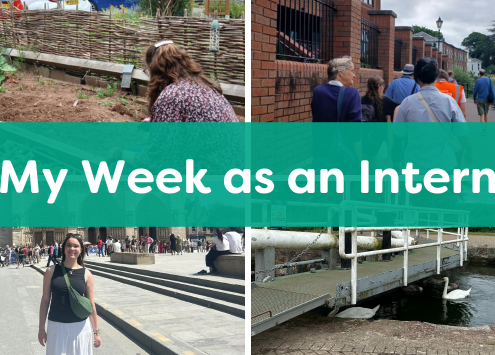

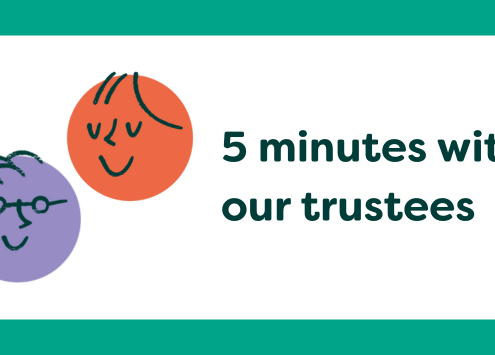
![Graphic with quote reading: “You met me at one of the most difficult times and seeing the difference you’ve made is amazing [...] Please keep doing what you do. You change lives.”](https://steponecharity.co.uk/wp-content/uploads/2025/04/Website-News-Headers-2024-33-495x355.png)

